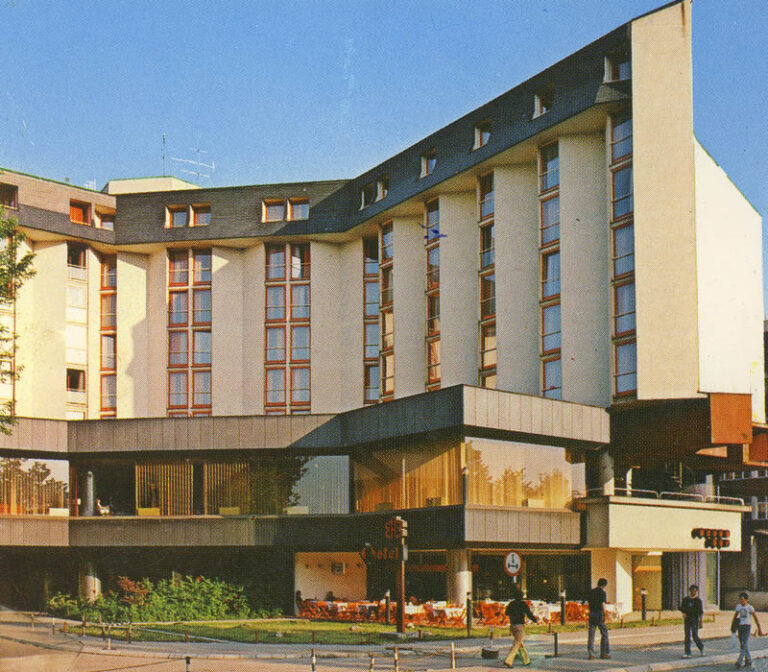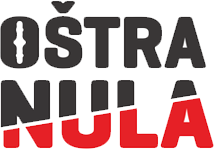Hotel Bosna in Banja Luka was built in 1885 and is considered one of the most famous and important hotels in the city.
Although historians have not paid much attention to this hotel, according to some records, the first owner of Hotel Bosna was the merchant Gligorije Jeftanović, also known as Đoko.
Throughout its history, Hotel Bosna has gone through various phases and changes.
Initially, Hotel Bosna was a symbol of modernization and the city’s development during the period between the two world wars. When it was rebuilt in 1937, it was one of the most luxurious hotels in the region and a favorite destination for travelers and businesspeople.
According to stories from old residents of Banja Luka, during World War II, the hotel served as the headquarters of the German army. After the war, it became a center of cultural and social events in Banja Luka.
During the socialist era, it was nationalized and became a popular destination for businesspeople and tourists from all over the former Yugoslavia.
In the catastrophic earthquake that hit Banja Luka in 1969, Hotel Bosna, like much of the city center, suffered significant damage. The old Hotel Bosna became unusable and was later demolished. After that, a new Hotel Bosna was built and opened in 1972.
The only reminder of the old hotel is the entrance gate to the garden of Hotel Bosna.
After the breakup of Yugoslavia in the 1990s, the hotel faced difficult times due to the economic crisis and war events.
Following the Dayton Peace Agreement and the establishment of peace in Bosnia and Herzegovina, the hotel became a venue for conferences held by international organizations such as the OSCE, IPTF, OHR, and UNHCR.
In the past few decades, Hotel Bosna has undergone privatization and revitalization. Today, it is a popular place for accommodation, business meetings, cultural events, and other activities.
This hotel remains the only place in the city on the Vrbas River that has preserved the name Bosna since the last war.



